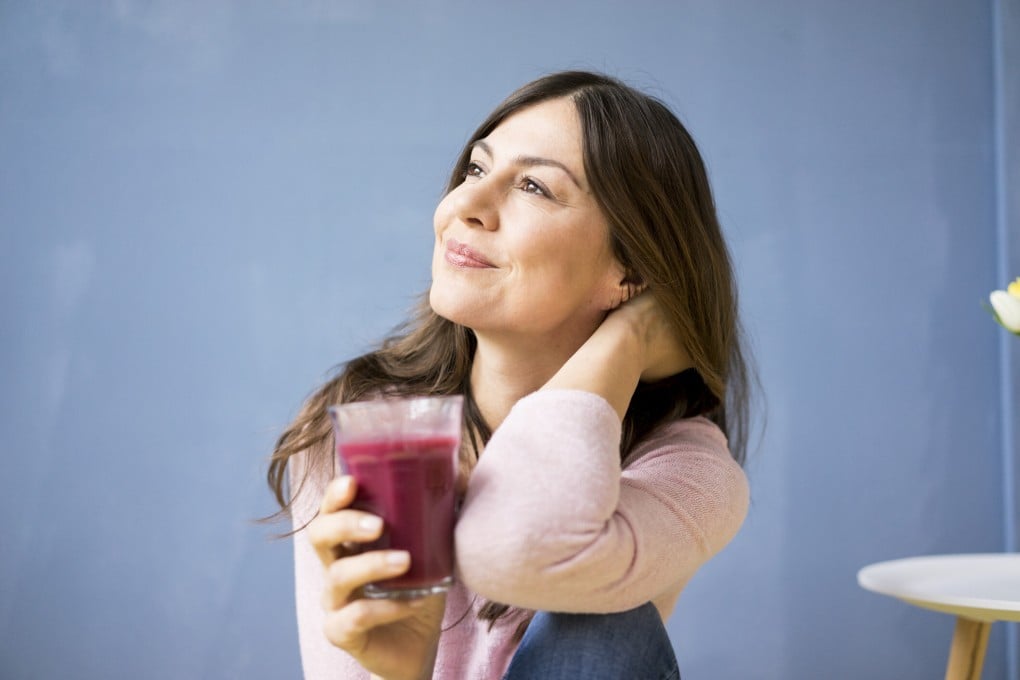How to stop drinking and keep your friends – two women who gave up alcohol on self-love, mental clarity and being firm about the choice they made
- Why are we praised for quitting smoking, but get no recognition when we stop drinking, and even face being shamed for it by people we know?
- Two women who went teetotal talk about how much better it made them feel, and offer advice on how to talk about your choice with friends on a night out

In the Western world, alcohol consumption is associated with enjoyment and fun. The social glue that is alcohol keeps the night going and the conversation flowing.
So can life ever be fun again if we decide to give up drinking? It’s an issue worth exploring during April, which happens to be Alcohol Awareness Month.
She warns that quitting drinking brings some challenges. She was expecting a rapid change in how she would feel, but describes the first few weeks as chaotic.
“Alcohol had been the way I relaxed and the way I socialised, so no longer having it left a sort of gap,” she says. Sticking to her plan did pay off.
“During the first 30 days, I had been able to catch sight of a better life so I decided to do 100 days – and after that, I just felt that drinking ever again would be completely bonkers.”
